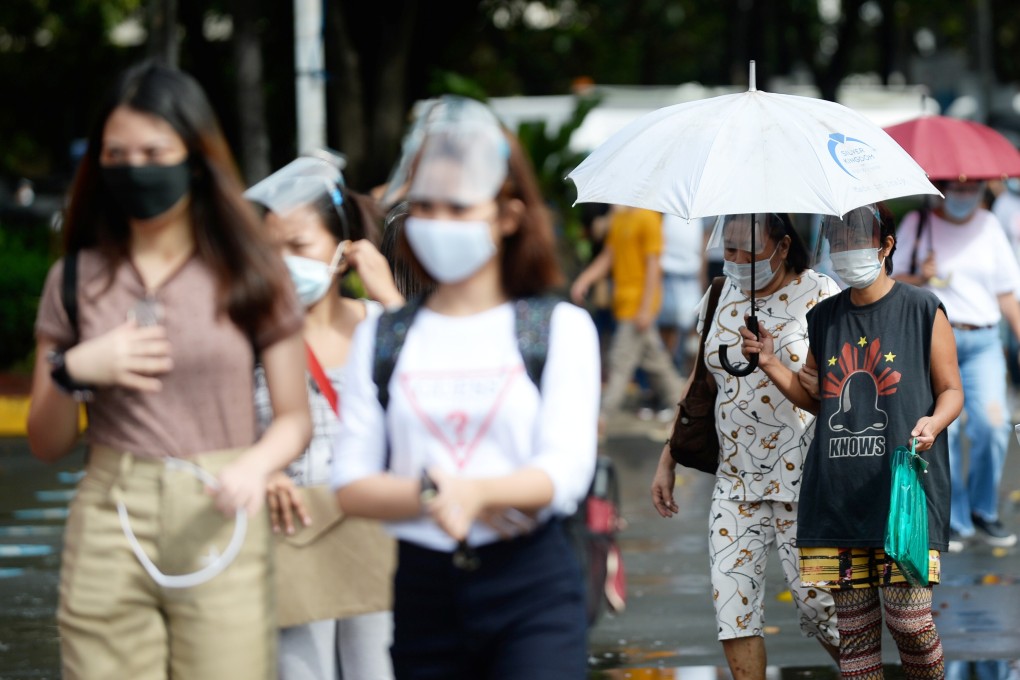As I see it | When are Asia’s governments going to step up for women’s rights?
- Wealthy cities like Hong Kong should be taking the lead in addressing women’s rights amid the pandemic
- Policies and incentives must be introduced to tackle issues such as unemployment, domestic violence, and reproductive rights

Non-profit organisations have taken the lead in providing essential help to vulnerable women during the crisis. But recent surveys in the Asia-Pacific have found that female civil rights defenders are themselves under economic and social stress.
“They are still seeking to support marginalised women, women at risk of violence, of economic insecurity … So the work has doubled and the income has halved,” said Sara Davies, an international relations professor at Griffith University in Australia specialising in global health governance and women.
There are also fears the crisis may hinder feminist movements that have gained strength in recent years. Among the concerns are that with less donor money, the civil society sectors will find it harder to collectively organise, operate and sustain fights.
Some women have also grappled with challenges in accessing affordable or subsidised sexual and reproductive health care during the pandemic.
Many have lost jobs, while others struggled to keep up with their jobs, as women are believed to be dealing with a disproportionate workload in childcare, home schooling, and housework.
